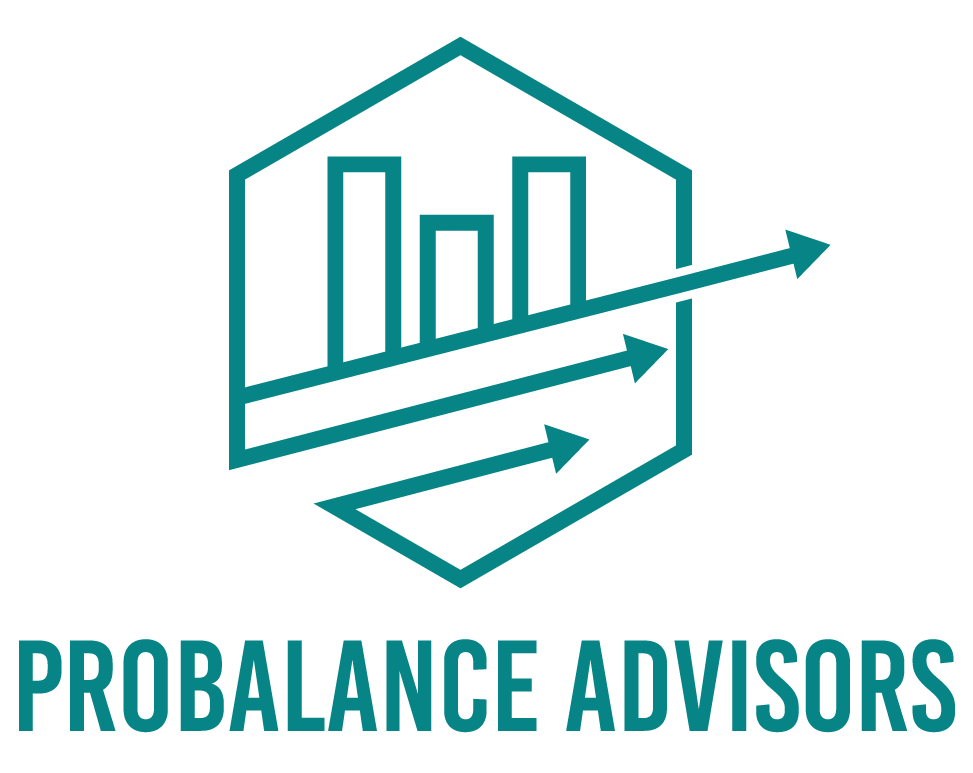Understanding Taxation: Key Concepts and Insights
Taxation is a critical aspect of any modern economy. It funds government activities and services that are vital for society’s functioning. Whether it’s healthcare, education, infrastructure, or public safety, taxes provide the necessary resources. In this article, we’ll break down the core concepts of taxation, the different types of taxes, and why paying taxes is essential.
What is Taxation?
Taxation refers to the imposition of charges by a government on individuals, businesses, and goods to generate revenue for funding public services and infrastructure. It can be classified into direct and indirect taxes, both playing distinct roles in generating government income.
Types of Taxes
- Income Tax Income tax is one of the most common forms of taxation. Individuals and businesses are required to pay a portion of their income or profits to the government. To learn more, visit Investopedia’s Income Tax Guide.
- Sales Tax Sales tax is a consumption tax levied on goods and services at the point of sale. Visit Tax Foundation: Sales Tax Guide for detailed insights on this tax.
- Corporate Tax Corporations pay taxes on their earnings, often referred to as corporate income tax. For an in-depth look, check out Corporate Taxation Basics at Investopedia.
- Property Tax Property tax is imposed on land and property owners based on the assessed value of their property. For more information, visit Tax Policy Center on Property Taxes.
- Estate Tax Estate tax is applied to the transfer of wealth after someone’s death, also known as inheritance tax. Check out Estate and Gift Taxes at IRS for more details.
- Capital Gains Tax Capital gains tax applies to profits made from the sale of investments such as stocks or property. Learn more about this tax at Investopedia’s Capital Gains Guide.
- Excise Tax This is a tax imposed on specific goods, such as tobacco, alcohol, and gasoline. Explore more at Excise Taxes Explained.
Why is Taxation Important?
- Public Services and Infrastructure Taxes fund essential public services such as healthcare, education, and transportation. For further reading on how taxes are used for infrastructure, visit Brookings: Role of Taxes in the Economy.
- Social Welfare Programs Social programs like unemployment benefits and social security are largely funded through taxation. Read more about social welfare programs at Center on Budget and Policy Priorities.
- Economic Stability Through taxation, governments manage economic factors like inflation and income distribution. Find out how taxes impact economic stability at IMF: Taxes and Economic Stability.
- Redistribution of Wealth Progressive taxation systems are designed to reduce income inequality. Learn more at Progressive Taxes Overview.
How to File Taxes?
Filing taxes is an important part of financial management. Individuals must report their earnings, deductions, and credits to determine their tax liability. For step-by-step guidance, visit IRS: Filing Taxes.
Common Tax Deductions
Tax deductions are ways to reduce taxable income, which ultimately reduces your tax liability. Common deductions include:
- Charitable contributions
- Mortgage interest
- Educational expenses
Explore IRS Tax Deductions to learn about eligible deductions.
International Taxation
Tax laws vary greatly by country. International taxation refers to how taxes are imposed on individuals and businesses that operate across borders. For an overview of international taxation, visit OECD: International Tax Rules.
Digital Economy and Taxation
The rise of the digital economy presents new challenges for taxation. With global businesses operating online, it’s essential for governments to update tax systems to handle digital transactions. Read more about digital taxation at World Economic Forum: Future of Taxation.
Tax Avoidance vs. Tax Evasion
While tax avoidance is the legal use of tax laws to reduce tax liability, tax evasion is illegal and involves deliberately avoiding taxes. Learn about the differences in Tax Avoidance vs. Evasion.
Conclusion
Taxation is a vital element in the functioning of any economy. Whether it’s funding public services or stabilizing the economy, taxes help ensure that governments have the necessary resources to meet society’s needs. Stay informed about tax laws and regulations to make sure you’re compliant and avoid unnecessary penalties.
For additional information on tax policies and updates, visit Tax Policy Center.







